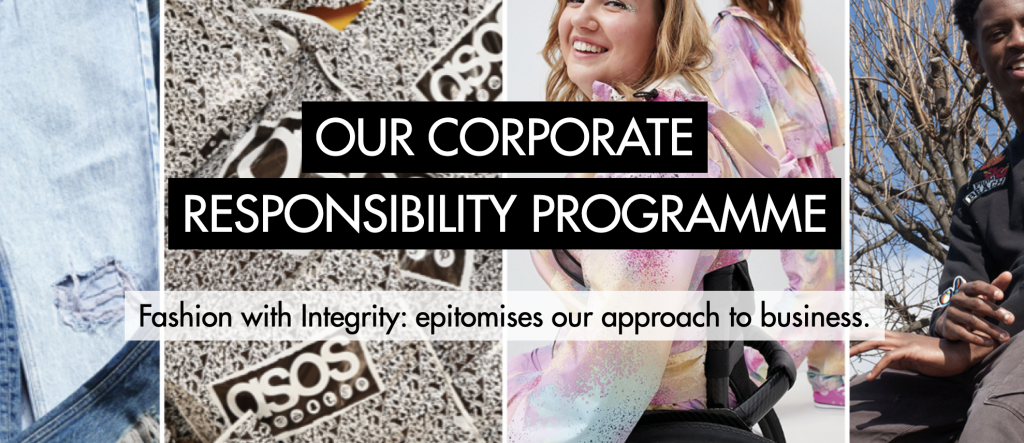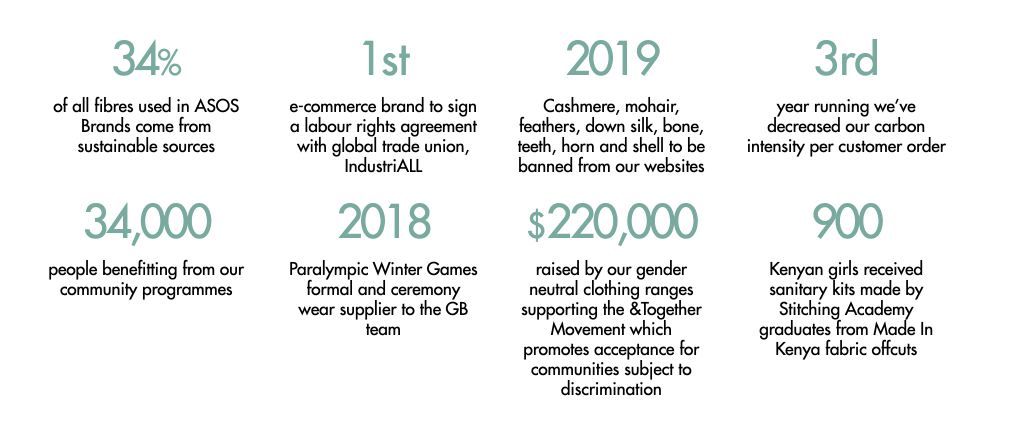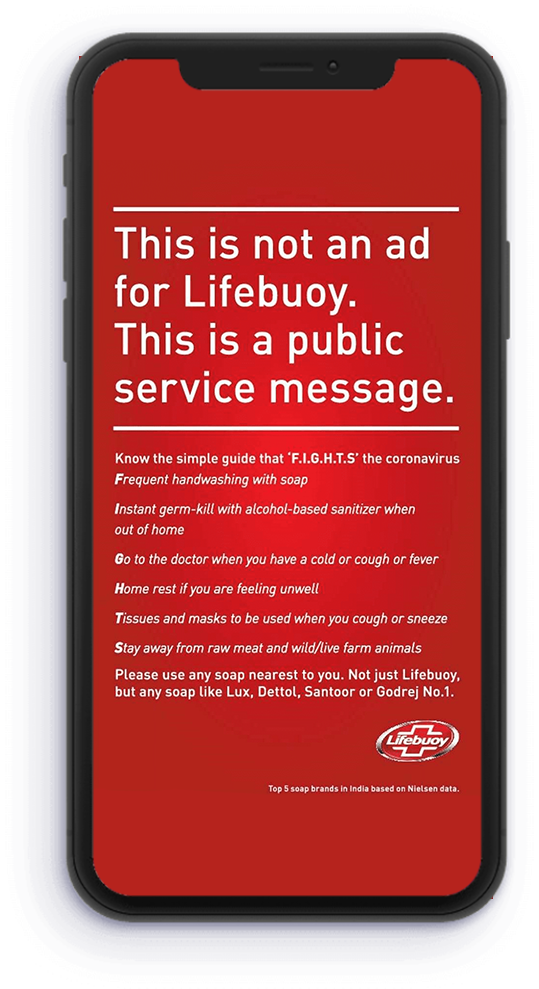Neo-Civility
Humanise the consumer journey as consumers gravitate towards brands making a positive difference in the communities that they operate in.
Social champions matter to social visibility. As brands prepare to feel the full effects of evolving social media algorithms, relationships are the new reach. More than ever, a core group of highly engaged fans can prove to be more valuable than millions of disengaged followers, and they can have a huge impact on your marketing efforts. By effectively mobilising your social champions, you can turn that engagement snowball into an avalanche.
Position your brand as a standard bearer of civility in polarised, fractious times. At a time when society feels more polarised and partisan than ever, and when civil interaction feels increasingly retro, brands can consider using kindness, warmth and acts of generosity to gain competitive advantage. Position as a big tent brand with welcoming, positive experiences for all.

TREND: EFFORTLESSLY ETHICAL
The desire to live and consume in eco-friendly and ethical ways is widespread. But everyday consumer engagement will most likely follow if it is effortless and offers complementary benefits. Many consumers feel responsible for protecting the environment and supporting ethical issues – and a conscious and caring reputation can reap serious social reward.


Fashion retailer, ASOS, has committed to banning products which contain silk, mohair, cashmere, shell and pearls by 2019, in addition to fur and materials from endangered species. ASOS is showing its commitment to animal welfare and ensuring that ASOS customers can shop safe in the knowledge that ethical standards are being met.
>What’s next?
Embed eco-ethical values into products. Brands can give consumers an easy way to be environmentally and ethically responsible by creating products and services that are inherently – and transparently – socially and environmentally sustainable.
Show how eco-ethical behaviour can reward the planet, people and shopper. To capture the attention of the more pragmatically minded ethical shopper, emphasise the ease of using your product, the potential financial savings of consuming sustainably, or the status boost eco-ethical consumption can bring.
TREND: GIFT OF GIVING
Responsibly-minded consumers are increasingly looking for brands with a strong social purpose – brands that can respond to topics in an agile way, helping loyal customers feel they are taking responsibility for a cause.
Amidst the bushfire crisis in Australia, Unilever Australia, worked with its longstanding partner Foodbank to donate thousands of its products to help provide some essential food, personal care and home care items to displaced families and frontline workers and volunteers.

>What’s next?
Take responsibility for relevant causes. Brands can address issues that resonate with their core brand story or sector in order to make communications feel authentic and to engage their core target audience.
Improve consumer perception. In this social media era, charitable companies will earn a reputation as being ”good” companies and people will most likely want to purchase from them. By supporting a cause, your brand is spreading the word about your value and intentions, helping you to get introduced to potential consumers.
[Related Reading: CSR and Ethical Marketing to the Millennial Generation]
TREND: EVERYDAY ACTIVISM
Natural disasters such as droughts, heatwaves and floods pose an ever-increasing humanitarian risk to communities across the world. Brands can amplify their humanitarian efforts to explore how the nature of aid delivery will change and business opportunities arising from this.
Airbnb runs an Open Homes program that provides homes for free to those affected by conflict, disaster, or critical illness by encouraging hosts to offer temporary housing to people in need. This program helped more than 25,000 people in need to find temporary housing and in 2019 the company invested USD 20 million to grow the platform.

(Source: Airbnb OpenHomes or disaster relief help site)
>What’s next?
Brands can strive to leverage their unique assets for social good. Change consumer behaviour for the better and inspire social good while driving profitable business growth. Build social leadership story into all stakeholder touch-points and align it across all of its assets.
Make engagement with your brand a visible act of support for the cause. Encourage consumers to join your community that wants to give back in a new, more personal way. Consumers who see supporting a cause as part of their identity will want opportunities to express their commitment. Make it easy for consumers to associate themselves with your brand and its principles.
TREND: PURSUIT OF REAL
The appeal of brands, products and experiences that feel authentic and genuine. In an era of filtered perfection and fake news, consumers are thirsty for authentic interactions and offers. Authenticity is in high demand, largely because so much of the world around us feels constructed, artificial and fake.

(Source: Lifebuoy India’s hand washing public service announcement)
An initiative by Lifebuoy, to advertise the importance of taking precautions against the coronavirus outbreak. In this case, Lifebuoy has taken the brand’s cause of preserving health and preventing disease to the next level by also mentioning competitors Dettol and Lux in their ad copy. It is a clear way of placing emphasis on keeping consumers safe from the disease, rather than making sure that a product is sold.
>What’s next?
Don’t seek perfection, be a ”real” brand. Authenticity itself is growing in importance as many consumers – especially Millennials and Gen Z, think favourably about brands who address social issues. Hence, it is crucial to have an authentic and meaningful strategy that reflects a brand’s core values.
Understand and implement the true spirit of cause driven communication. Convey social messages for the benefit of the public to position your brand as a leader. The consumers of today place a greater significance on cause marketing – a way for brands to enhance brand reputation and make waves with consumers to earn trust and win over their loyalty.
To see the rest of our Future Spotting series take a look here
To learn more get in touch with us or sign up for our mailing list here.

